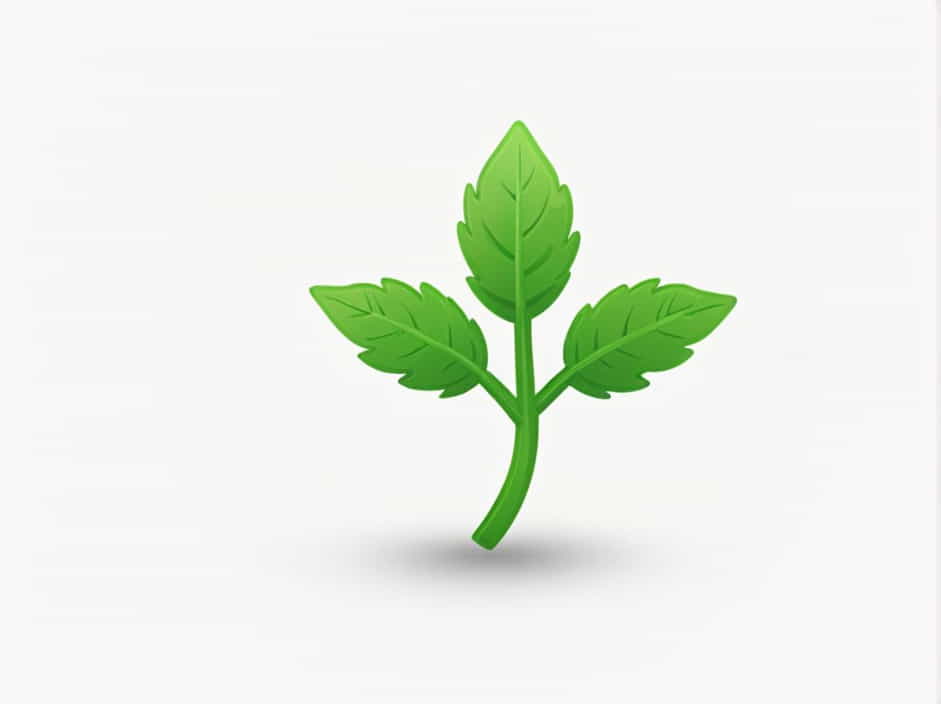Nettle (Urtica dioica), commonly known as stinging nettle, is a herbaceous plant that has been used for centuries due to its medicinal, nutritional, and industrial benefits. Found in various parts of the world, nettle is recognized for its stinging hairs, which can cause temporary irritation when touched.
Despite its sting, nettle is a valuable plant with properties that benefit human health, agriculture, and even textiles. This topic explores its characteristics, medicinal uses, nutritional benefits, and applications.
Characteristics of Nettle
1. Botanical Classification
- Scientific Name: Urtica dioica
- Family: Urticaceae
- Type: Herbaceous perennial plant
- Habitat: Grows in temperate regions worldwide, including Europe, Asia, and North America.
- Growth Habit: Can reach 1-2 meters in height and spreads through rhizomes.
2. Distinctive Features
- Serrated green leaves with fine hairs that contain histamine, acetylcholine, and formic acid, causing a temporary sting.
- Small greenish flowers, which appear in summer.
- Fast-growing nature, making it a hardy and resilient plant.
Medicinal Uses of Nettle
1. Anti-Inflammatory Properties
Nettle contains bioactive compounds, such as flavonoids and polyphenols, which help reduce inflammation. It is often used to treat:
- Arthritis and joint pain
- Allergic reactions like hay fever
- Chronic inflammatory conditions
2. Supports Urinary Health
Nettle is commonly used to support kidney and bladder function. It acts as a diuretic, helping to:
- Flush out toxins from the body
- Prevent urinary tract infections (UTIs)
- Reduce symptoms of benign prostatic hyperplasia (BPH) in men
3. Rich in Antioxidants
The plant contains high levels of antioxidants, which:
- Protect cells from oxidative stress
- Support heart health
- Improve overall immune function
4. Helps Control Blood Sugar
Studies suggest that nettle may help regulate blood sugar levels, making it beneficial for:
- Diabetes management
- Improving insulin sensitivity
- Reducing glucose absorption
5. Boosts Skin and Hair Health
Nettle is widely used in natural skincare and haircare products because it:
- Reduces acne and eczema due to its anti-inflammatory effects
- Stimulates hair growth and prevents dandruff
- Strengthens hair follicles, reducing hair loss
6. Aids in Respiratory Health
Nettle is often used as a natural remedy for respiratory conditions, such as:
- Asthma
- Bronchitis
- Seasonal allergies
Its antihistamine properties help reduce allergic symptoms, such as sneezing and congestion.
Nutritional Benefits of Nettle
1. Rich in Essential Nutrients
Nettle leaves are packed with essential vitamins and minerals, including:
- Vitamin A – Supports eye health and immunity
- Vitamin C – Enhances collagen production and immune function
- Vitamin K – Aids in blood clotting and bone health
- Iron – Helps prevent anemia
- Calcium and Magnesium – Strengthens bones and muscles
2. High in Protein and Fiber
Unlike many leafy greens, nettle contains a significant amount of protein, making it a great addition to vegetarian diets. Its fiber content aids digestion and promotes gut health.
3. Used as a Superfood
Nettle is often consumed as:
- Tea – Brewed to extract its medicinal properties
- Soup and broth – Added for a nutrient boost
- Dried powder – Used in smoothies and herbal supplements
How to Use Nettle
1. Nettle Tea
- Dried nettle leaves are steeped in hot water to create a nutritious herbal tea.
- Helps with detoxification, digestion, and immunity.
2. Nettle Supplements
- Available in capsule or powder form for easy consumption.
- Used for joint pain relief, blood sugar control, and urinary health.
3. Cooking with Nettle
- Fresh nettle leaves can be cooked and used in soups, stews, and salads.
- Cooking removes the stinging effect, making it safe to eat.
4. Nettle for Hair and Skin
- Used in shampoos and hair oils to prevent hair loss.
- Applied as a face mask or toner to reduce skin inflammation.
Nettle in Agriculture and Industry
1. Natural Fertilizer
Nettle is used to create organic fertilizers, as it is rich in minerals that enhance soil health.
2. Sustainable Fiber Source
Historically, nettle was used as an alternative to cotton for making textiles. It produces strong and durable fibers used in clothing and rope-making.
3. Pest Repellent
Nettle extract is used as a natural pesticide, helping protect plants from insects.
Precautions When Using Nettle
1. Possible Skin Irritation
- Fresh nettle leaves can cause temporary skin irritation due to their stinging hairs.
- Always wear gloves when handling fresh nettle.
2. Allergic Reactions
- Some individuals may be allergic to nettle. Perform a patch test before using nettle-based skincare products.
3. Interaction with Medications
- Nettle may interact with blood thinners, diuretics, and diabetes medications.
- Consult a doctor before using nettle supplements if you are on prescription drugs.
Nettle (Urtica dioica) is a versatile herbaceous plant with a wide range of medicinal, nutritional, and industrial applications. Despite its stinging properties, it provides anti-inflammatory, antioxidant, and immune-boosting benefits.
From herbal teas to skincare treatments and sustainable textiles, nettle remains an invaluable plant that continues to be utilized for health and environmental benefits. By using it safely, nettle can be an excellent addition to natural remedies and healthy lifestyles.
